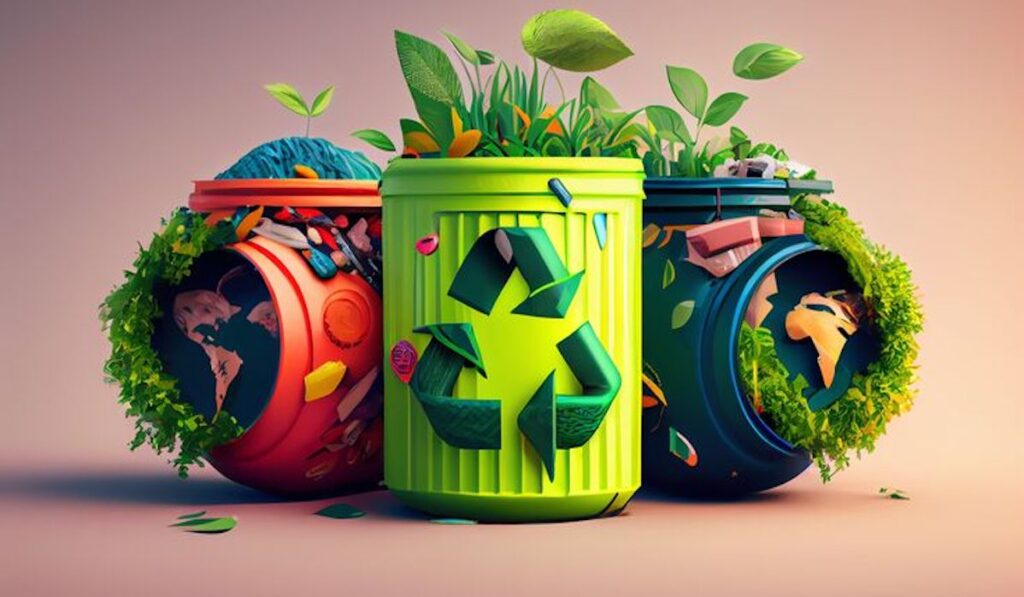Tarun Karthick
Sri Vijaya Puram, 26 December 2024
The Andaman and Nicobar Pollution Control Committee (ANPCC), under the Department of Science and Technology, has issued a call to both the general public and industrial stakeholders to responsibly manage and dispose off waste, in line with the Municipal Solid Waste Management Rules, 2016. The ANPCC emphasised that effective waste management is essential to preserving the pristine environment of the Andaman and Nicobar Islands and safeguarding public health.
Residents are urged to segregate waste at the source and hand it over to municipal authorities for proper processing and disposal. This initiative aims to reduce the environmental impact and improve the efficiency of waste management systems in residential areas.
For industrial units, the ANPCC has mandated the adoption of best practices, including waste segregation, recycling, and safe disposal protocols. Industries must comply with environmental regulations by obtaining necessary consents from the ANPCC for waste generation and treatment.
Hazardous industrial waste must be disposed of through authorised agencies, while untreated wastewater is prohibited from being discharged into the environment. In addition, industries are encouraged to adopt cleaner technologies to reduce waste generation at the source.
The ANPCC has also issued a stern warning against open dumping and burning of waste, stressing that such practices lead to significant air, water, and soil pollution.
A major focus of the initiative is addressing the growing issue of cigarette and bidi butt litter. Though small in size, these butts are non-biodegradable and contain toxic chemicals, posing a significant threat to the environment. Local authorities have been urged to incorporate provisions in Municipal Bye-laws to prohibit smoking in public spaces and workplaces, with fines imposed for littering cigarette butts. Commercial establishments with designated smoking zones are expected to provide proper disposal facilities to ensure environmentally safe disposal.
The ANPCC has underscored that waste management is a collective responsibility. It is essential for every individual and organisation to adhere to the guidelines to protect the unique biodiversity of the Andaman and Nicobar Islands. Through reducing, reusing, and recycling, the community can minimise its ecological footprint and contribute to a greener, healthier future.
The committee’s message calls for a united effort to safeguard the environment and ensure a sustainable legacy for future generations.

